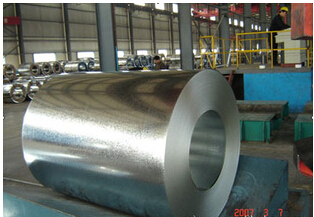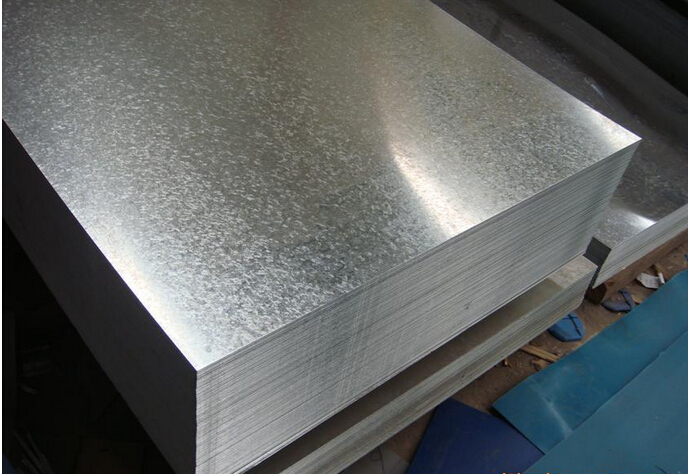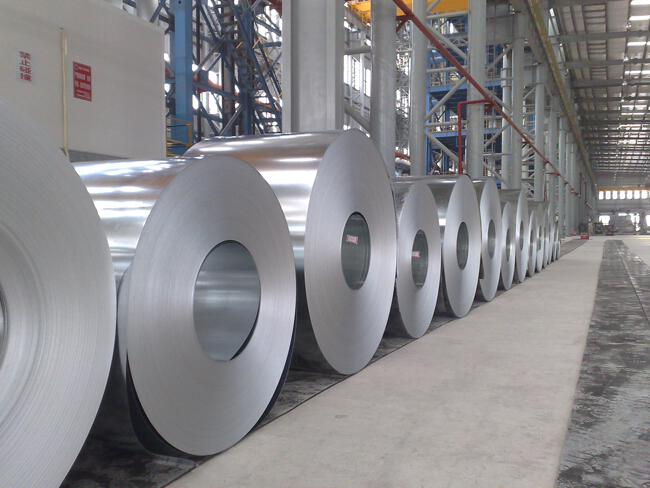Quick Details
Standard: ASTM, GB, JIS
Grade: SGCH
Thickness: 0.13mm-0.8mm
Place of Origin: Tianjin, China (Mainland)
Brand Name: ZG
Model Number: ZG
Type: Steel Coil
Technique: Cold Rolled
Surface Treatment: Galvanized
Width: 750mm-1250
Length: 0
OKorder Service Pledge
OKorder Financial Service
You Might Also Like
Standard: ASTM, GB, JIS
Grade: SGCH
Thickness: 0.13mm-0.8mm
Place of Origin: Tianjin, China (Mainland)
Brand Name: ZG
Model Number: ZG
Type: Steel Coil
Technique: Cold Rolled
Surface Treatment: Galvanized
Width: 750mm-1250
Length: 0
Galvanized steel sheet /coil features:Packaging & Delivery
Packaging Details: seaworthy standard export packing .CARDBOARD SLEEVES, STEEL SHEET WRAPPED OUTSID, FIXED BY STEEL BELT Delivery Detail: Within 30-40 days upon receit of you prepaid money Specifications
1,SGCH, regular spangle
2,the second largest supplier in Guan County
3.below 0.16mm is our main products.
4.JIS G3302
5.ASTM
1. Zinc coating :30-150g/m2( as required)
2. Thickness:0.13-0.8mm
3. Width:750-1250mm(750-762mm,900-925mm, 1000, 1200-1250mm the most common)
4. Coil id:508mm
5. Coil weight: 3-5MT or more (as required)
6. Surface:regular/mini/big spangle, skin pass, chromated, unoiled, dry etc.
7. Tolerance:Thickness tolerance: +/- 0.02mm;
Width tolerance: +/-5mm;
Zinc tolerance:+/-10gsm.
8.Payment condition: Prepay 30%, pay the rest before shipment, via TT
8. Application: As to excellent cold bending molded manufacturablity, good decoration effect, strong anti-corrosion ability, galvanized steel coils and are also pollution-free and easily recycled. Accordingly, they can be used as final products and basic plates of color coated steel coils and widely applied in construction, home appliances, decoration, ect.



Send your message to us
OKorder Service Pledge
OKorder Financial Service
Similar products
Hot products
Hot Searches
Related keywords